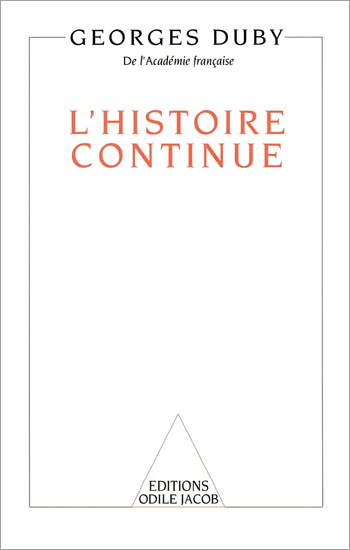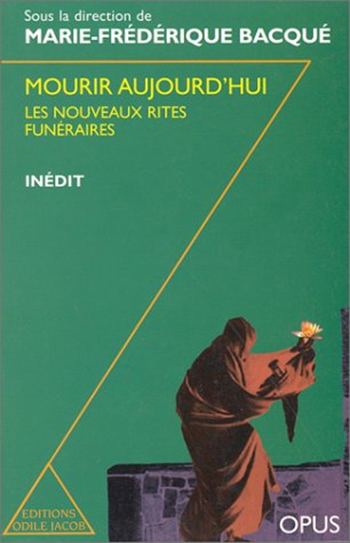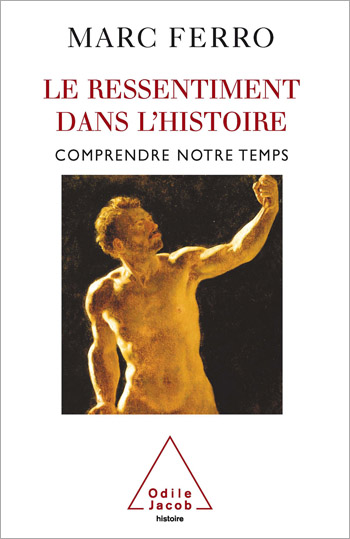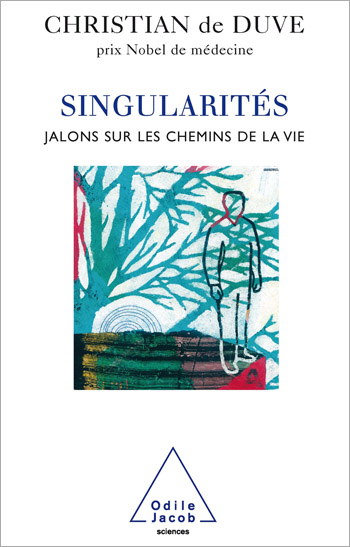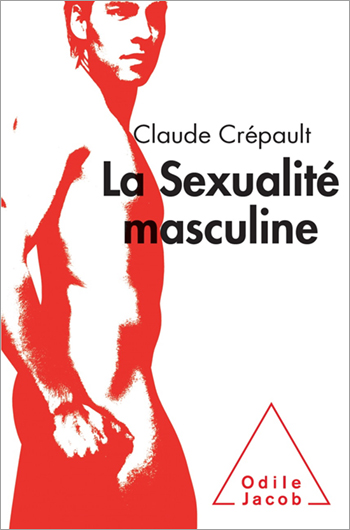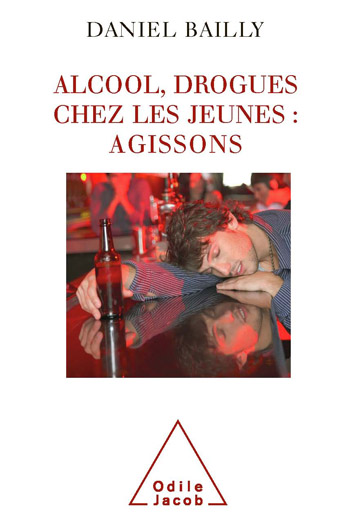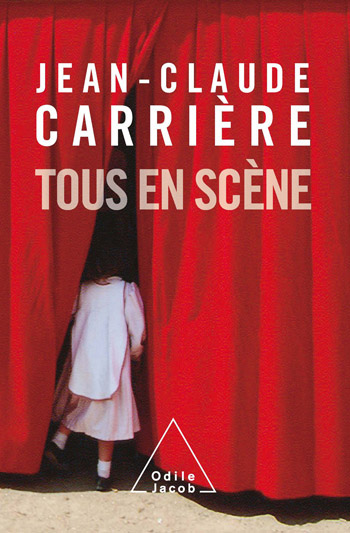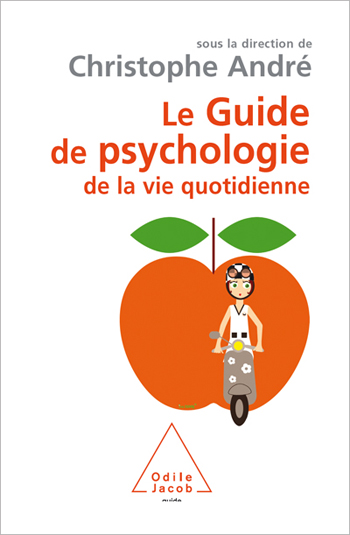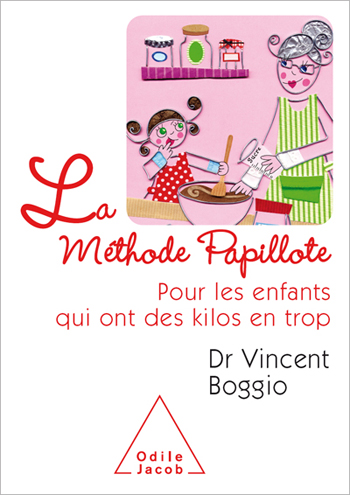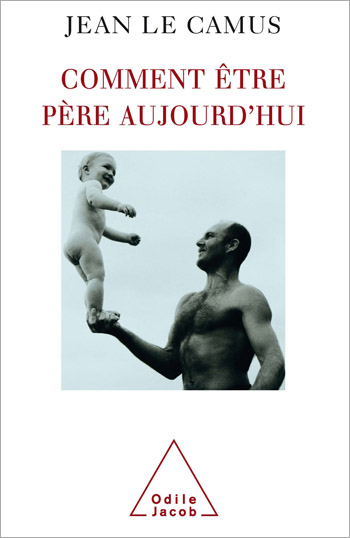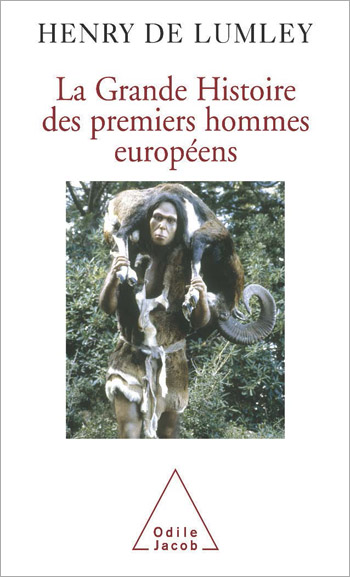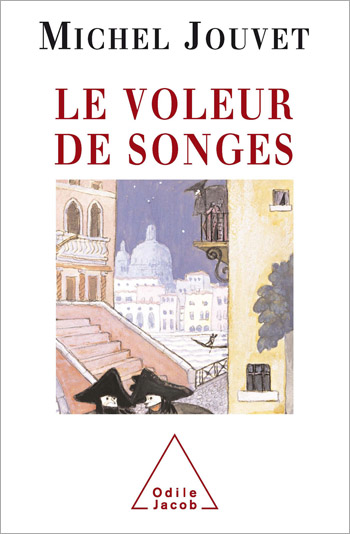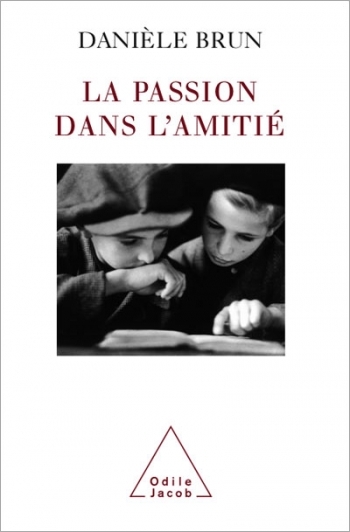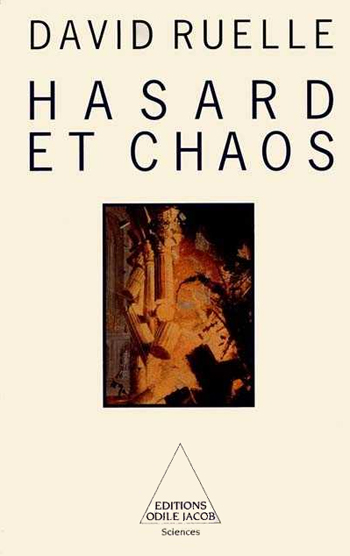Catalog All books
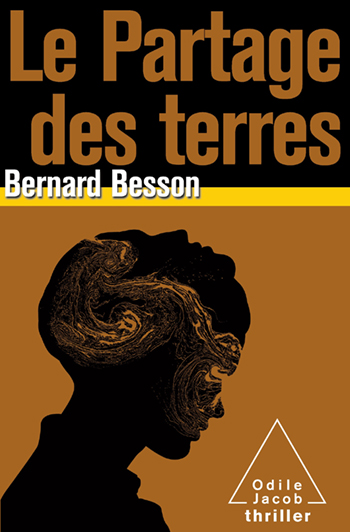
Bernard Besson
Sharing Rare Earth Resources
An eminent expert in economic intelligence offers a riveting thriller against a backdrop of international financial corruption
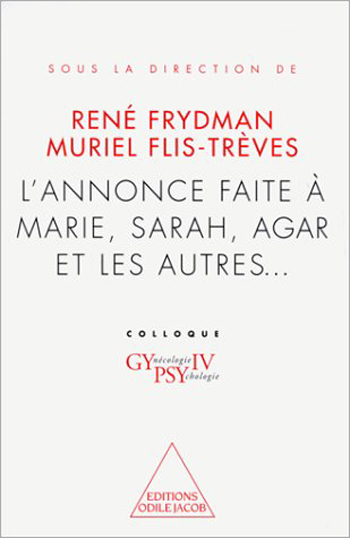
René Frydman, Muriel Flis-Trèves
An Announcement to Marie, Sarah, Agar and the others.... Colloque Gypsy IV
Womens lives are marked by a series of physical events, which may or may not be expected, including pregnancy, illness, foetal malformation or death, and menopause. What effect do these events have? How do women cope and live with them? The reply to these questions is given here by the top specialists in the field, including psychoanalysts, gynaecologists, and philosophers.
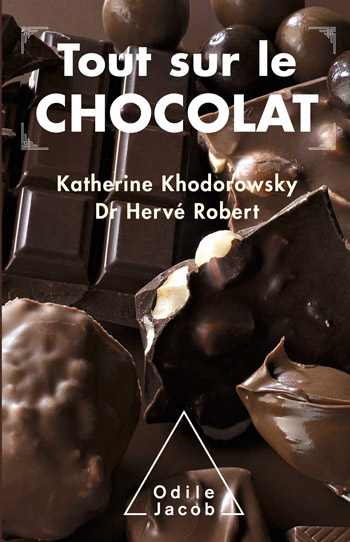
Katherine Khodorowsky, Robert Hervé
Everything About Chocolate
In this thorough guidebook, chocolate gourmets will discover chocolate in all its facets...
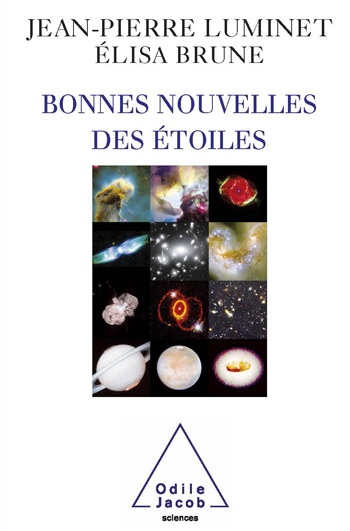
Jean-Pierre Luminet, Élisa Brune
Good News from the Stars
This book describes the current state of knowledge on astronomy, without taking the form of a science lesson.
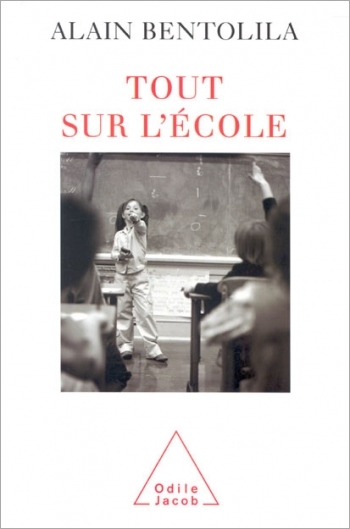
Alain Bentolila
All about scholl
This is a brilliant, clearly argued demonstration of how the inability of the school system to evolve and develop a critical spirit may lead to the general failure of our entire society.
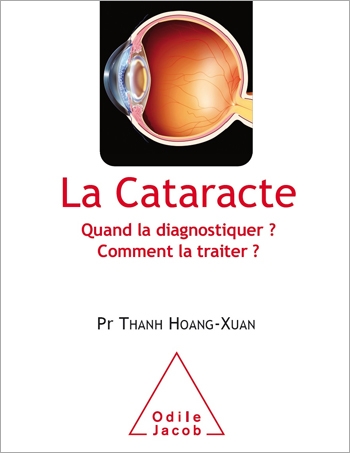
Thanh Hoang-Xuan
Cataracts From diagnosis to treatment
Everything you should know about cataracts before and after the procedure
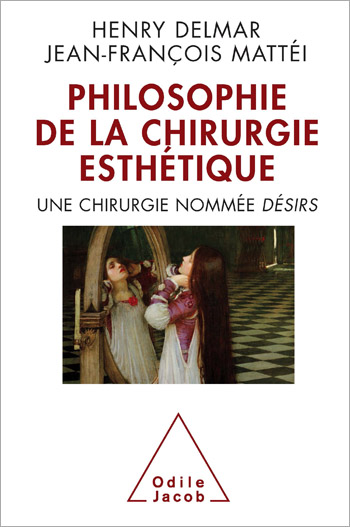
Henry Delmar, Jean-François Mattéi
Philosophy of Aesthetic Surgery Surgery as Desire
What are the visible and hidden forces that drive personal transformation?
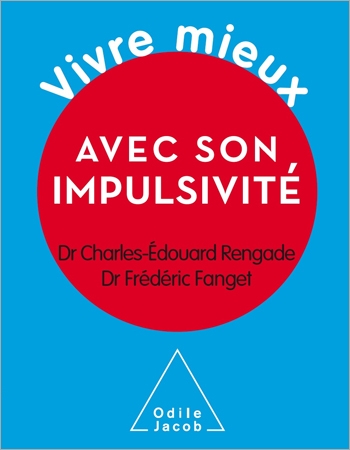
Charles-Édouard Rengade, Frédéric Fanget
Living With and Overcoming Impulsiveness
Impulsiveness can be overcome. This book shows how one can learn to control it
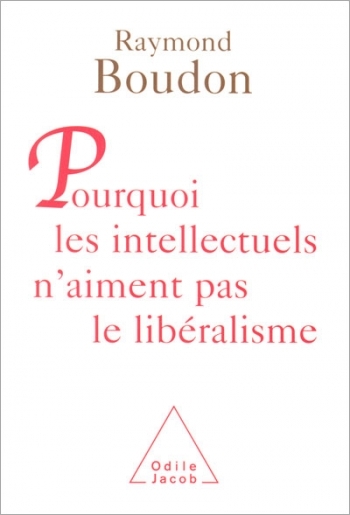
Raymond Boudon
Why intellectual peoples don't like liberalism
Given the intellectual force of liberalism, its political appeal, its economic effectiveness and its historical significance, why is it so unpopular among French intellectuals? Why does it elicit so little serious discussion? And why is it the object of so much confusion, so many clichés and misunderstandings? Is it simply out of resentment, because intellectuals feel that the market does not afford them the material and symbolic rewards that they believe they deserve? Is it just because they prefer to play a critical role in a society where capitalism is triumphant? Perhaps, but these reasons do not explain everything and they certainly dont explain the systematic rejection of liberal thought in France. A sociologist of knowledge rather than of social determinism, and a specialist in belief systems, Raymond Boudon ruthlessly analyses the cognitive mechanisms that make liberalism so hateful in the eyes of French intellectuals. The result is a keen, detailed review of the clichés that have encumbered discussions for more than thirty years. Raymond Boudon, a professor at the University of Paris-IV, is a member of the Académie des Sciences Morales et Politiques. He us the author of numerous works, most notably LInégalité des chances, La logique du social, LIdéologie ou lorigine des idées reçues, LArt de se persuader, Le Sens des valeurs and Déclin de la morale? Déclin des valeurs. He is the co-author, with R. Leroux, of Y a-t-il encore une sociologie?
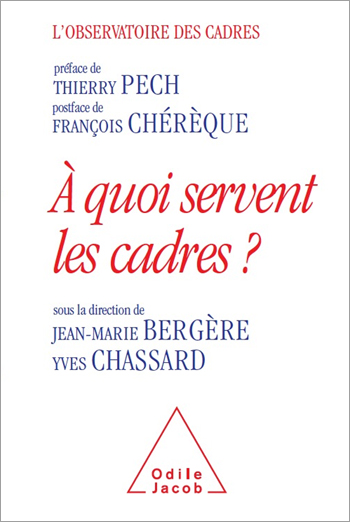
Observatoire des cadres
What Use Is Management? Questioning management tactics
What is management’s future role in a rapidly changing business world?
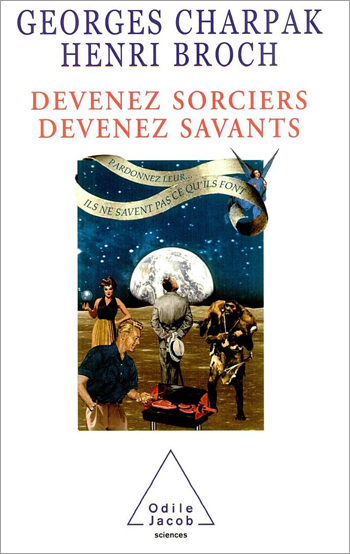
Georges Charpak, Henri Broch
Becoming a Magician is Becoming Wise
Would you like to know how to burn out a light bulb from afar? Would you like to know how to walk barefoot on burning coals without scorching your feet and as comfortably as if you were walking on the softest deep-pile rug? And would you like to understand why this is possible? Magic here has simply switched sides: it no longer belongs to the realm of the supernatural; it has become completely natural.The goal of this book is to make the reader understand that the supernatural does not exist and that it is essential in todays world to be scientifically literate. Georges Charpak, a physicist at CERN, is a winner of the Nobel Prize for Physics. Henri Broch heads the Laboratoire de Zététique at the University of Nice-Sophia Antipolis.
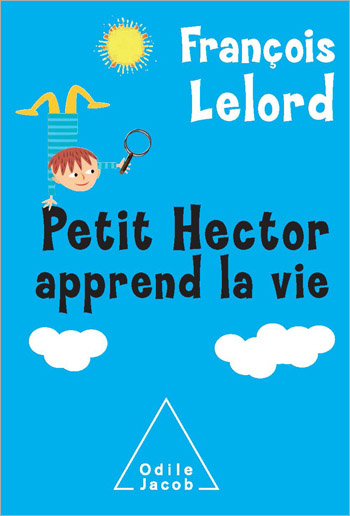
François Lelord
Little Hector Learns About Life
A new hero has been added to François Lelord’s tender and ironic universe
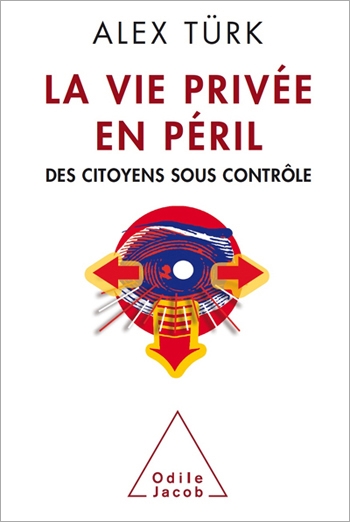
Alex Türk
Society Under Surveillance
An advocate of democratic vigilance, Alex Türq calls for a wide-ranging discussion on all these issues.
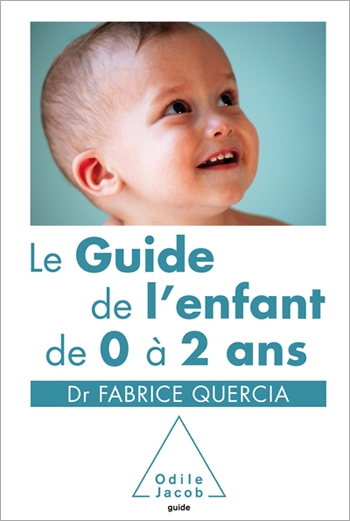
Fabrice Quercia
The ABC of Infant Care
A practical guidebook covering every aspect of an infant’s life, from 0 to 2 years, for today’s parents
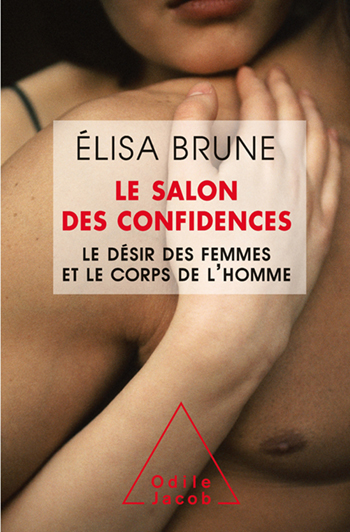
Élisa Brune
Private Confidences Female Sexual Desire and Male Bodies
Elisa Brune continues her enquiry into female sexuality with a wide-ranging anthology of erotic short stories
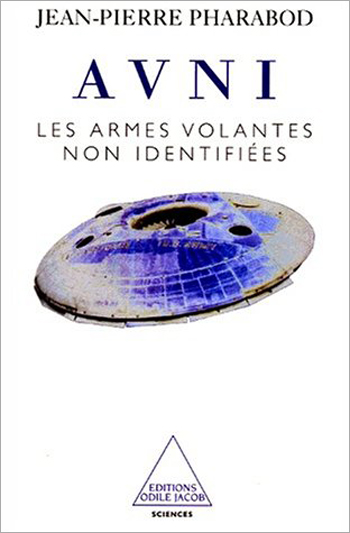
Jean-Pierre Pharabod
UFWs Unidentified Flying Weapons
Most reported sightings of UFOs turn out to be errors, optical illusions, hallucinations, and even practical jokes. But five per cent of all reported cases are more difficult to dismiss. According to the author, the unidentified objects may be clandestine terrestrial aircraft prototypes or secret weapons launched by the major industrialised nations, particularly the United States. Should the mysterious sightings be attributed to UFOs or to UFWs (Unidentified Flying Weapons)?
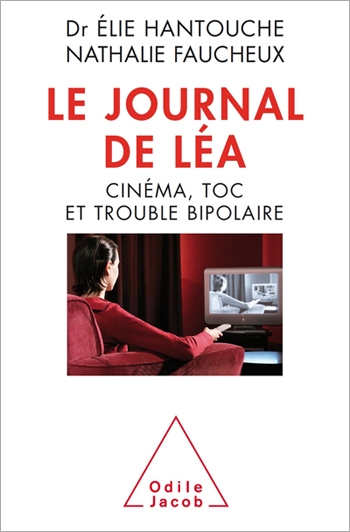
Élie Hantouche, Nathalie Faucheux
Lea's Diary OCDs and Bipolar Disorders
How to overcome one’s mental disorders by watching films about them.

